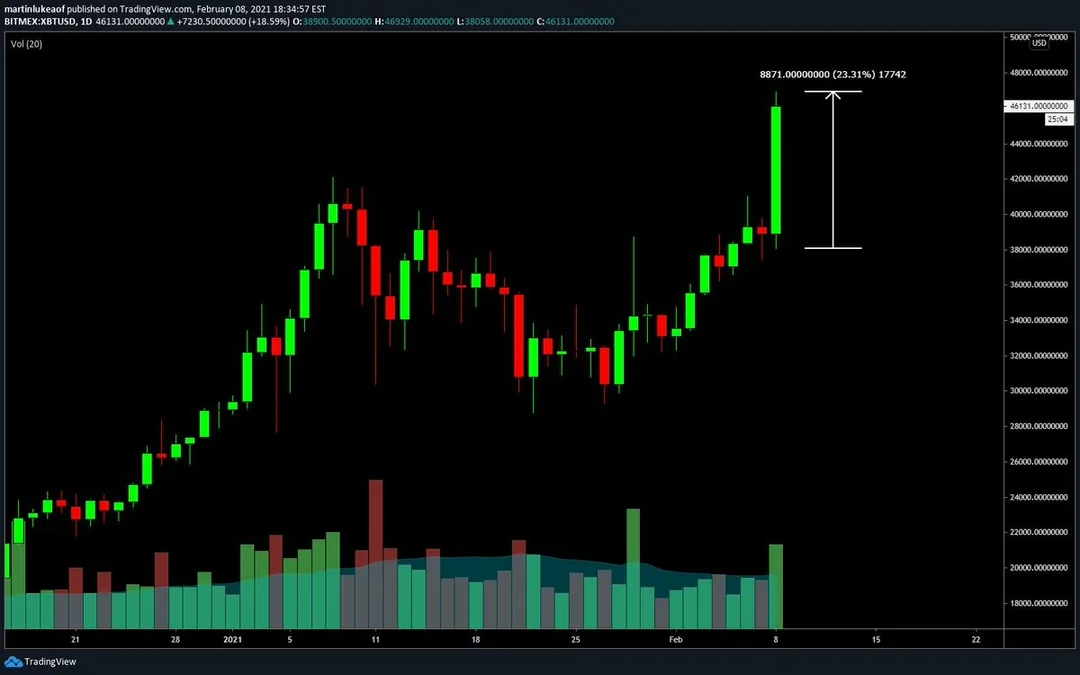Block Broker, once promoted as a groundbreaking solution to shield cryptocurrency investors from fraudulent initial coin offerings (ICOs), has shockingly become an example of the very scams it sought to prevent.

Launched with the promise of creating a secure environment for ICO investments, Block Broker aimed to establish itself as a trusted platform for vetting blockchain projects. The platform pledged to identify and eliminate fraudulent schemes, offering investors peace of mind through advanced security protocols and a strict project evaluation process. It positioned itself as the antidote to the notorious scams plaguing the burgeoning cryptocurrency market, claiming to usher in a new era of transparency and security.

Despite these lofty promises, warning signs began to emerge shortly after the token sale concluded. Investors raised concerns over missed deadlines, vague updates from the team, and a lack of transparency about the project’s progress. Communications from the development team became sporadic, and their roadmap — once touted as an industry game-changer — began to look increasingly like an empty sales pitch.
As investigations unfolded, it became clear that Block Broker’s management had failed to deliver on its commitments. Funds raised during the ICO were allegedly mismanaged, with reports indicating that significant portions of the capital were diverted to unknown accounts or spent on questionable expenses. Investors who had hoped to see a return on their contributions were instead left with tokens of little to no value. Some reports even suggest that key members of the project’s team quietly abandoned their roles, effectively leaving the community in a state of limbo.
The fallout from this scandal has been significant. Disgruntled investors have taken to social media and legal forums to voice their frustration, while industry analysts are calling this yet another example of the unchecked greed that continues to tarnish the reputation of the cryptocurrency sector. Regulators are now under pressure to establish stricter oversight of ICOs, with some advocating for mandatory third-party audits of all crowdfunding campaigns within the blockchain space.
Block Broker’s collapse is a harsh reminder of the inherent risks in investing in cryptocurrency projects. While blockchain technology remains a promising frontier, the lack of standardized regulations allows bad actors to exploit the system, preying on the optimism and trust of everyday investors.

For those considering participation in ICOs, the Block Broker fiasco underscores the importance of due diligence. Experts advise potential investors to scrutinize whitepapers, research team credentials, and verify the project’s track record before committing any funds. The crypto market may still hold immense potential, but stories like Block Broker serve as a cautionary tale about the fine line between innovation and deception.
Block Broker’s legacy, unfortunately, will not be as a pioneer of investor protection but as a prime example of how the industry still has much progress to make in ensuring accountability and safeguarding its participants.